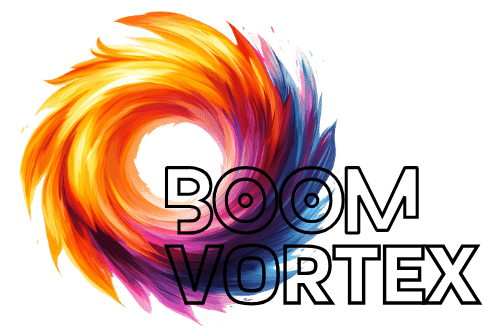Oh boy, growing up, there was that little bookshop just down the street from where I lived. It was like stepping into Narnia, but without the wardrobe, or Aslan. I’d wander the aisles for hours, picking up this book or that, each a gateway to some fantastic new world. Who knew that some of these treasures were, in fact, not welcome everywhere? Some of them, gasp, were even banned!
Banning books? I mean, c’mon, is this the Middle Ages? Because in today’s world, the idea seems as archaic as asking someone to use a rotary phone. Yet, it’s still happening—books getting challenged, banned, all the things. But why should we care? It’s all about freedom and choice, right? Anyway, I’m here to walk us through a bit about why this matters, at least to me, and maybe you too.
Why Books Get Banned
So here’s the thing: words are powerful. They can nudge us into feeling all sorts of things, sometimes making our brains do a triple Axel, like those Olympic skaters. They challenge us, poke at our beliefs, and sometimes bring up things we’d rather not deal with.
Imagine you’re in a school board meeting and suddenly they want a book out of the classroom because it’s too “grown-up” or uses “naughty words.” There’s a point there about keeping kids safe, for sure. But sometimes, it just feels a bit over the top! We lose the chance to talk about things that need talking about, those big, juicy learning opportunities.
And then there’s banning for political reasons. In some places, anything that might, just might, step on the ruling party’s toes gets chucked. Imagine living under such tight control—yikes!
But mostly, it all seems to boil down to fear—fear of change, of the unknown, of things getting out of hand. Classic human stuff, right?
The Unintended Side Effects
Alright, say someone tells you not to think of pink elephants. Yep, you’re picturing them now, aren’t you? That’s what banning a book does in a weird way. Suddenly, it’s that “forbidden fruit,” and everyone’s curious minds want a piece of it.
When a book gets banned, it doesn’t just quietly disappear; oh no, it gets famous, the drama heightens, and more people end up reading it. A bit like when reverse psychology works like a charm.
But there’s more! The darker side of banning is shutting out fresh ideas and diverse stories. It’s like robbing the society of glasses through which to view the world. That kind of ignorance is a breeding ground for misconceptions and narrow-minded thinking.
How Banned Books Shape Us
Back in high school, I remember my teacher gave me a book—one of those “banned” ones. She smiled in that knowing way and said, “You might enjoy this.” The thrill? It was real. But what kept me reading was how this book changed the way I saw things—myself, the world, all of it.
Banned books don’t shy away from raw, real-life issues. They deep-dive into truths, uncomfortable as they may be, that need airing out. There’s beauty in seeing the world in a new light, through someone else’s eyes, isn’t there? It’s like opening up a dialogue with humanity itself.
Reading them can be this rebellious act—going against silence, against ignorance, against a one-sided story. It’s about growth and, dare I say, empathy.
The Consequences of Silence
Silence makes me think of a quiet, still pond. It’s all peaceful-like, but all it does is collect more gunk over time. That’s what happens when we muzzle stories; society stops growing and loses its sparkle.
Banning a book is more than ditching pages. It’s like erasing lives, truths that need to be shouted from rooftops, maybe whispered in friends’ ears. We lose stories, and with that, empathy and how we connect with each other.
For kids, or anyone really, a diverse collection of stories can be game-changers. They’re windows to other lives and mirrors that reflect our own feelings and experiences, giving a big, warm hug of “you’re not alone.”
Preserving the Voices
Here we are, still talking about banned books. Why? Well, they’re crucial. They show us our past and light the way to the future.
Okay, so maybe some of these stories will shake things up, maybe even annoy a few folks. But these are the voices we need—they’re the trailblazers, the thinkers, the movers of minds. It falls on us to keep these voices alive, to ask questions, share thoughts, and find change in the dialogue.
Remember the book from high school, the one my teacher sneakily recommended? It’s still with me, filled with dogeared pages and highlighted bits. I pick it up sometimes, letting it remind me of that initial challenge and my own journey of change.
So, find a banned book and dive in. Explore, unravel the stories, and talk about them. Let’s make sure those voices keep singing, now and always.

